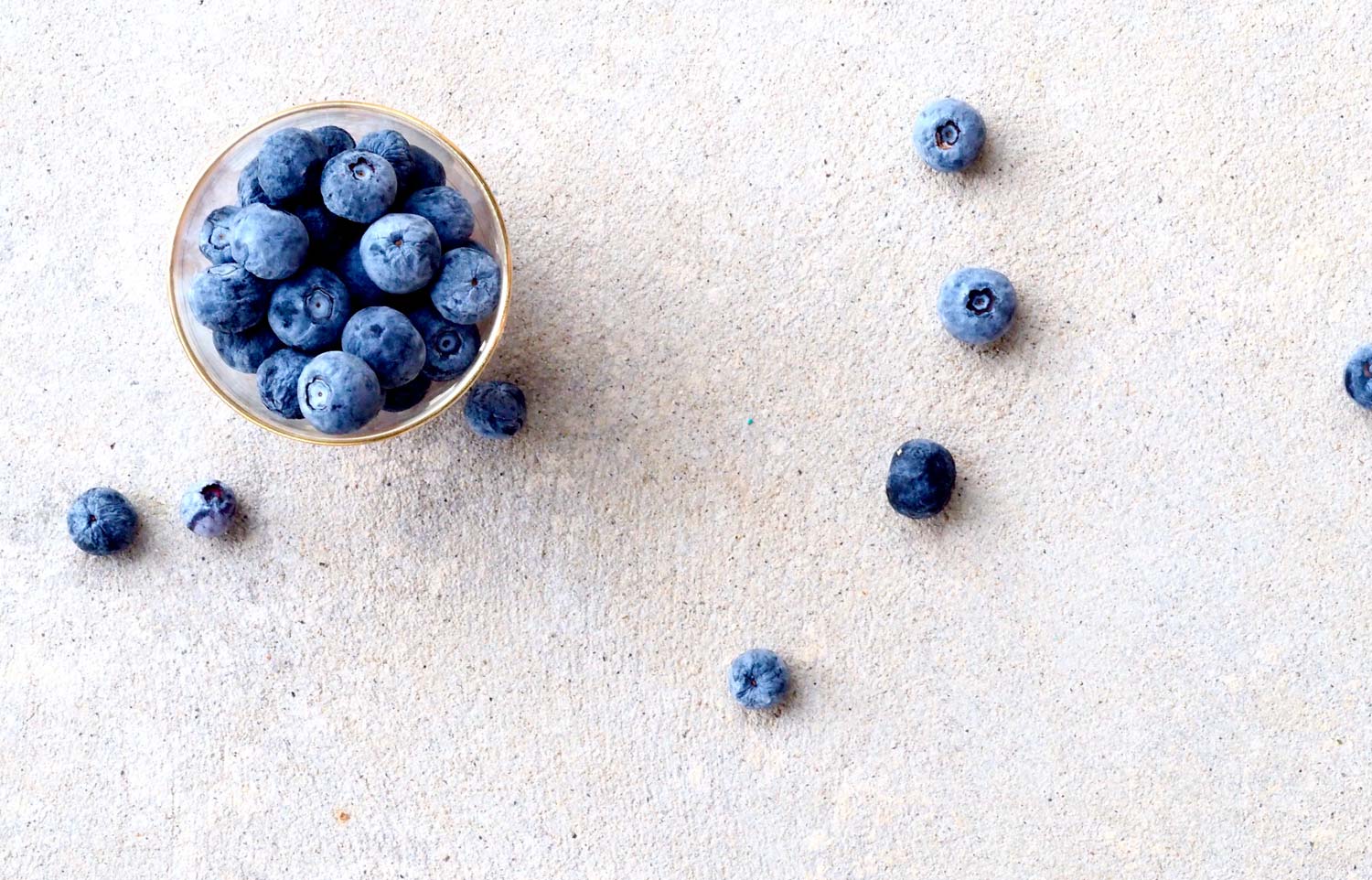Superfoods may sound like something exotic and expensive. Fortunately, that isn’t necessarily true. As many superfoods are well advertised, they come with a high price tag and that is how some companies make money. Today I want to show you that there are plenty of superfoods around us that haven’t been so over-advertised but are just as powerful as the ones we always hear about.
But before we get into that, let’s look at the definition of superfoods. The term “superfood” is a fairly new term referring to foods that offer maximum nutritional benefits for minimal calories. They are packed with vitamins, minerals, and antioxidants. In other words, they are the most nutrient-dense foods on Earth:) The most popular ones that you may have heard of are acai berries, chia seeds, quinoa, maca powder, and goji berries.
The good news is that there are less publicly known foods that are much more affordable and just as nutritious. Another positive point is that they don’t have to travel across the globe adding unnecessarily to your carbon footprint. In this article, I am going to speak about 5 superfoods that are quite easy to find and won’t break the bank. So, here they are:
- Blueberries and actually most of the other berries (raspberries, cranberries, strawberries, mulberry, cherries, blackcurrants, etc.) are local and in season. Packed with antioxidants and phytoflavinoids, these berries are high in potassium and vitamin C, making them the top choice for any health-conscious person. Not only can they lower your risk of heart disease and cancer, but they are also anti-inflammatory. While they can still be expensive, try to buy them during the peak season. That’s when they are the most nutrient-dense and the cheapest.
- Flaxseeds. They deliver a plant-based dose of Omega-3 fatty acid alpha-linolenic acid, making them heart-healthy and anti-inflammatory. Among all the reliable methods of weight loss, flaxseeds are one of the most effective foods that help you lose weight. Enriched with fiber, Omega 3 fatty acids, and antioxidants, flaxseeds increase your body’s efficiency. They contain thiamin which plays a role in energy metabolism which is essential for growth, development, and healthy cell function. To get the most benefits of flax, grind them and add to your smoothie, oatmeal, salad or sprinkle them on top of the soup. Consume adequate water when eating flaxseeds to avoid digestive upset due to their high fiber content.
- Dark Leafy Greens (collard greens, kale, watercress, bok choy, beet greens, mustard greens, etc.) and cruciferous vegetables (broccoli, cauliflower, brussels sprouts, etc). These foods are rich in vitamins A, C, E, and K, and many in B vitamins. Leafy greens also contain an abundance of carotenoids, iron, magnesium, potassium, and calcium. They contain beta-carotene that can give your skin a youthful glow and even works from the inside out as a natural sunscreen, protecting your skin from harmful UV rays! These vegetables are high in fiber and water content, both of which help to prevent constipation and promote regularity and a healthy digestive tract. They can be added to smoothies, soups, and salads. They are also delicious when sauteed or blanched.
- Sauerkraut. Sauerkraut is incredibly nutritious and healthy. It provides probiotics and vitamin K2, which are known for their health benefits, and many other nutrients. Eating sauerkraut may help you strengthen your immune system, improve your digestion, reduce your risk of certain diseases, and even lose weight. However, make sure it is naturally fermented and has no added sugar or vinegar. Usually you can buy those at health-food stores. You can also make it yourself which probably makes it one of the cheapest superfoods on earth. Sauerkraut can add lots of flavour to salad and your buddha bowls. It is recommended to have about 2 tablespoons a day.
- Sesame seeds. Both the seeds and the oil are good sources of some pretty important nutrients like manganese, copper, calcium, magnesium, iron, phosphorus, vitamin B1, zinc, and dietary fiber. Zinc helps to produce collagen, giving your skin more elasticity and helping repair damaged body tissues. Tahini (a spreadable paste made from ground sesame seeds) makes an awesome substitute for butter and other nut or seed butter that might be loaded with sugars, salt, and added oils. Look for the unhulled version so you don’t miss out on the calcium.
You can incorporate these foods into a varied healthy diet when available. However, do not overspend or search too widely trying to find them. The secret is that any leafy green vegetable or berry in a grocery store (or farmers’ market) will provide many of the same benefits an individual will find in the premium-priced superfoods.
Buy your produce in season and from local sources to ensure the highest nutrient content. Do not discount the humble apple or carrot either — all fruits and vegetables are essentially superfoods (but no one advertises them because you can’t make money on them as they grow in abundance all around us). Actually, replacing as many processed foods as possible with whole foods will drastically improve your health.
I would like to finish this article with something practical and easy to make. So, please see the recipe below (that includes 3 superfoods) and let us know how you liked it in the comments!
Enjoy, stay healthy and be happy.
Spinach Berry Smoothie
Ingredients:
1 cup fresh spinach (or kale or arugula or a mix of all)
1 cup water
1 cup blueberries berries (or a mix of your favorite berries)
1 frozen banana (or fresh banana and just add a few ice cubes)
1 tablespoon ground flaxseeds
Directions:
- Put all ingredients in a blender.
- Blend on high speed until smooth.
- Enjoy!
Note: You may start with 1 teaspoon of flax seeds if you haven’t ever had them before. It is best to buy flax seeds whole and grind them in a coffee grinder before adding to your smoothie. If you don’t have a coffee grinder, you can use whole seeds in this recipe but they may not incorporate so well. When berries are out of season, you can substitute them with any other local fruit (apples, pears, melon, apricot, peach, etc).
About Julia
Julia is a Yoga teacher, macrobiotic counselor, wellness coach, and plant-based chef. She regularly teaches retreats at Mandali, sharing her passion for helping others to ignite their vitality and live a healthy, satisfying life. Read full bio



